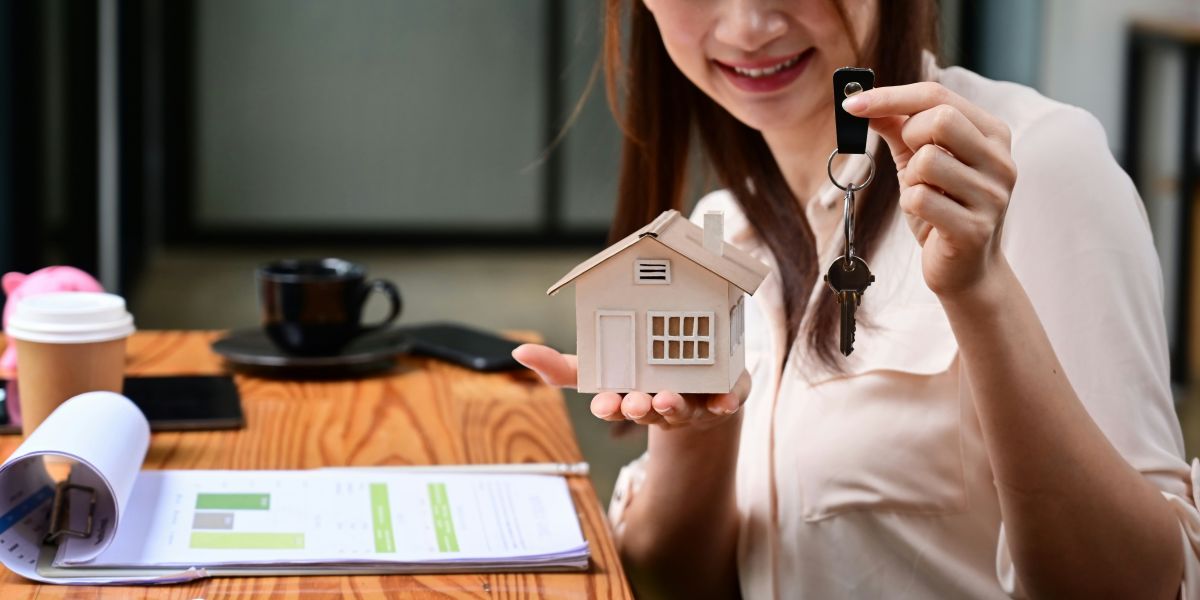Los Angeles is synonymous with carmageddon. But how did it get this bad, why are Angelenos so attached to their cars, and are there any realistic solutions?
LOS ANGELES, California – The 405 freeway at rush hour is a vision of automotive purgatory. Images of LA’s bumper-to-bumper traffic jams are seared into the popular imagination. Gridlock isn’t just an inconvenience; it profoundly shapes the city’s economy, environment, and the daily lives of its residents.
How LA Became a Car-First City
Several factors created the perfect storm for car dominance:
- Sprawling Design: LA’s vast geographic spread and decentralized growth patterns make getting around without a car difficult for many residents.
- The Freeway Boom: Massive investment in freeways in the mid-20th century subsidized car ownership and suburban development, while actively dismantling streetcar systems.
- Hollywood Influence: The entertainment industry helped sell a California dream where the car symbolized freedom, status, and essential LA living.
Despite the misery of traffic, many Angelenos cling to their cars:
- Illusion of Control: Traffic is unpredictable, but being in your own car offers a sense of control compared to the uncertainties of public transit.
- Culture of Convenience: LA’s layout caters to cars – drive-thrus, ample (though expensive) parking, and errands designed for quick car trips, not pedestrians.
- The ‘Solo Sanctuary’: For some, gridlock is downtime. A chance to listen to podcasts, decompress from the day, or sing along to the radio without judgment.
Traffic isn’t just annoying, it has far-reaching consequences:
- Time Lost: The average LA commuter spends the equivalent of a full workweek stuck in traffic each year. This is lost productivity and time away from families.
- Environmental Damage: Transportation is one of the biggest sources of greenhouse gas emissions in California. Smog and air pollution remain serious health hazards.
- Economic Inequality: Those without access to cars face limited job possibilities and struggle to access essential services, further perpetuating inequality.
- Mental Toll: Studies link long, stressful commutes to increased anxiety, depression, and even road rage incidents.
Is There a Way Out? Potential Solutions
Shifting away from a car-centric LA is daunting, but changes are underway:
- Expanding Public Transit: Major investment in Metro lines and bus routes. However, overcoming car-first mindsets and reaching sufficient density is a challenge.
- Congestion Pricing: Charging tolls during peak hours or in certain zones could disincentivize driving, but raises equity concerns for those who can’t afford it.
- Walkable Neighborhoods: Encouraging denser, mixed-use development with shops and services within walking distance reduces the need for car trips.
- Remote Work’s Impact: The pandemic-fueled rise in remote work reduced some traffic, but as offices reopen, many commuters return to the roads.
- Micromobility Options: E-scooters and bike share programs offer alternatives for short trips, but infrastructure, like protected bike lanes, is lacking.
Significant hurdles remain to solving LA’s carmageddon:
- Entrenched Culture: Cars are tied to LA’s identity and sense of personal freedom. Changing behaviors requires shifting deeply ingrained mindsets.
- Funding Gaps: Public transit projects are expensive and face political resistance to raising taxes, especially in wealthy car-dependent areas.
- Lack of Regional Approach: LA’s sprawl spills into multiple counties. Effective solutions require coordination that’s often lacking in fragmented governance.
A Less Car-Dependent Future?
Ending LA’s traffic nightmare won’t be fast or easy. It requires a multifaceted approach: better transit, urban planning that gets people out of their cars, and a cultural shift in how Angelenos view transportation.
Some argue true carmageddon won’t end until driving becomes so painful and expensive that people are forced to change. Others see hope in younger generations showing more openness to car-free living. Whether through necessity or a conscious revolution, LA’s relationship with the car is bound to evolve, fundamentally reshaping the city.





